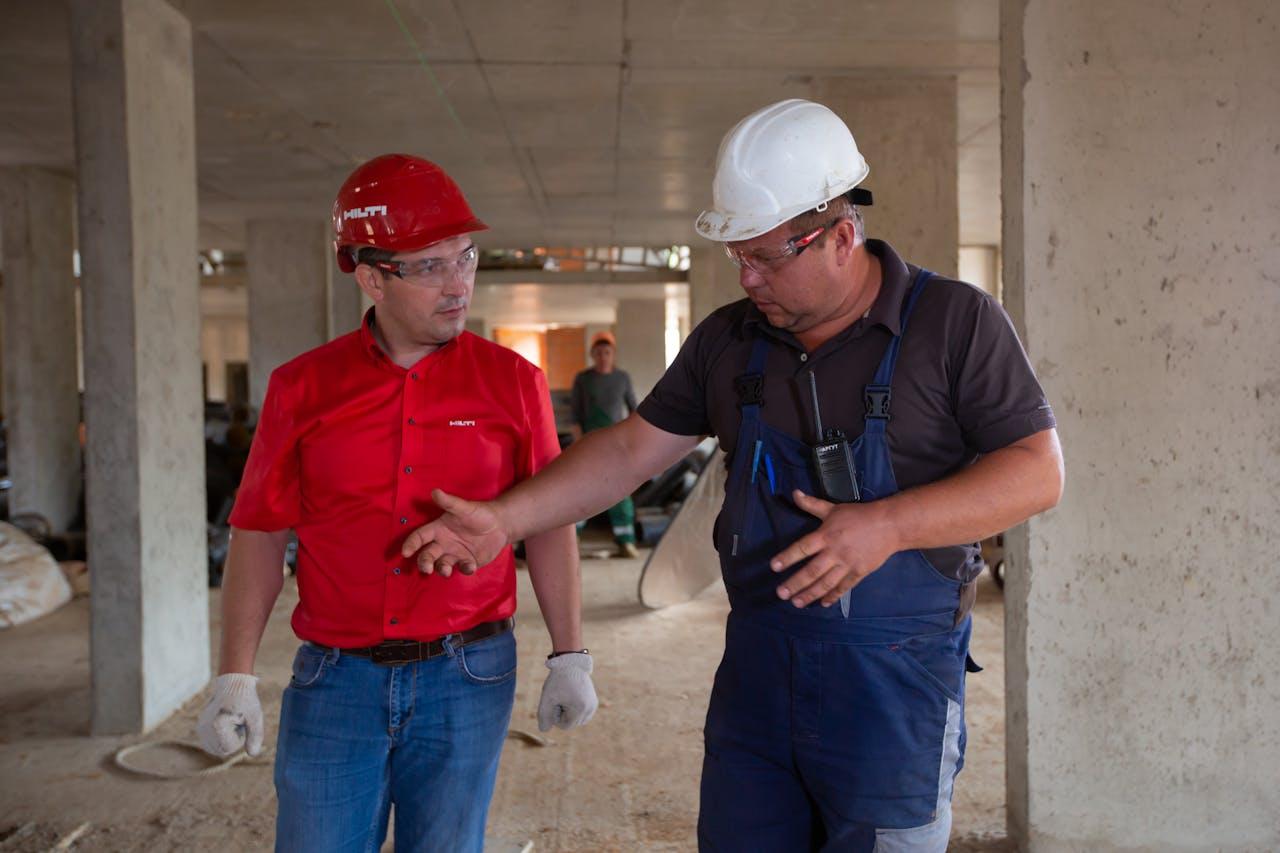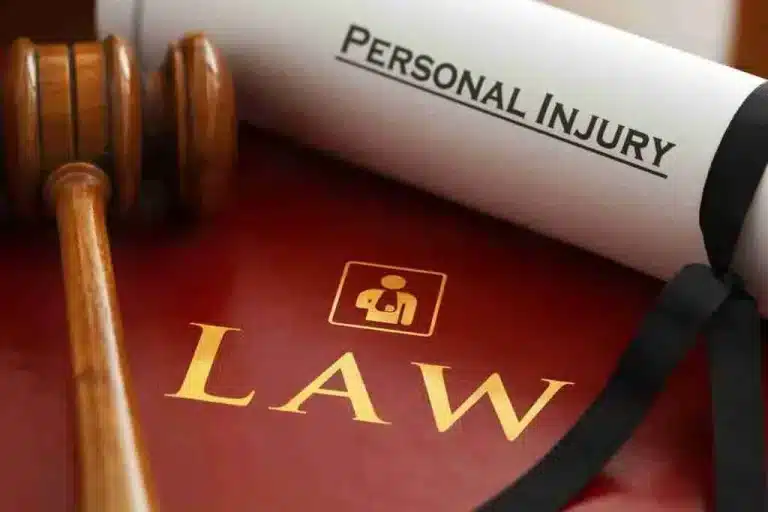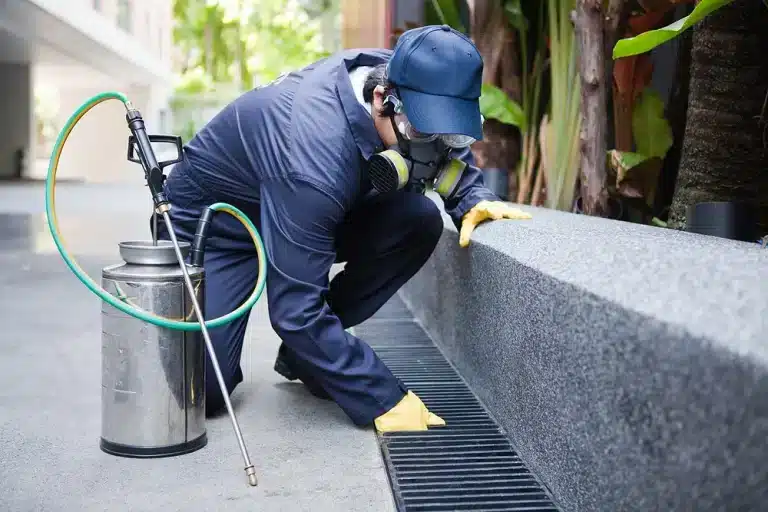Emergency response training plays a pivotal role in safeguarding communities and bolstering the economy of Western Australia (WA). Proficient emergency responders can significantly reduce the impact of natural disasters and human-induced crises on lives, property, and critical infrastructure.
By fostering a network of trained individuals and groups, WA not only enhances its capability to manage emergencies but also supports economic stability through the protection of assets and the continuity of businesses.
Investment in emergency response training materialises as a strategic economic lever. The skills and protocols imparted during these programs empower employees across various industries, enabling them to mitigate risks and handle emergencies effectively.
This preparedness is particularly beneficial in WA, where industries such as mining, oil and gas, and agriculture are exposed to a plethora of risks including fires, cyclones, and industrial accidents.
The interconnection between adept emergency handling and economic resilience becomes evident through reduced downtime and lower insurance premiums, translating into financial gains for businesses.
Moreover, such training programs contribute to employment, with the demand for qualified trainers and state-of-the-art facilities providing new opportunities within the local economy. Thus, emergency response training is not merely a reactive measure but a proactive strategy integral to the economic vigour of WA.
Impacts of Emergency Response Training on the WA Economy
Investments in emergency response training have tangible effects on the Western Australian economy, particularly in fostering employment growth and enhancing business preparedness and resilience.
Employment Growth
Emergency response training programs in Western Australia have led to the creation of instructional roles and simulation training facilities. Employment opportunities have emerged not only for the trainers themselves but also for the support personnel, such as coordinators and technical staff required to manage complex training frameworks.
The sector has experienced a notable employment uptick due to the state’s emphasis on disaster readiness in industries like mining, construction, healthcare, and government.
Business Preparedness and Resilience
Businesses across the state benefit significantly from well-structured emergency response training. Such readiness initiatives lead to a more resilient workforce equipped to handle crisis situations effectively, minimising downtime and financial losses.
Consequently, this proves advantageous for the Western Australian economy, as it reduces the potential for economic disruption. Firms with robust emergency plans are better positioned to maintain continuity of operations, thereby preserving their market share and contributing positively to the state’s economic stability.
Components of Emergency Response Training in WA
Emergency Response Training in Western Australia covers a myriad of structured elements designed to prepare organisations and individuals for unforeseen events.
Curriculum and Course Design
The courses encompass a broad range of topics such as risk assessment, emergency procedure development, and the use of emergency equipment. Curriculum development is carried out by emergency services professionals to ensure relevance and effectiveness.
Sector-Specific Training Needs
Various industry sectors, including mining, healthcare, and education, have tailored programs to address their unique risks. These training programs focus on scenarios that are most likely to occur in each sector, with emphasis on practical skills.
Public and Private Partnership Initiatives
Collaborations between the government and private entities enhance resource sharing and the standardisation of training approaches. Initiatives such as subsidised training programs aim to elevate the readiness of the workforce across both the public and private sectors.
Challenges and Opportunities
The resilience of the Western Australian economy is closely linked with the effectiveness of its emergency response capabilities. Investing in comprehensive training programs presents both challenges and opportunities, which in turn can have significant implications for the local economy.
Funding and Resource Allocation
Funding for emergency response training is a major challenge for the Western Australian Government and local authorities. They must balance budget constraints with the need for comprehensive training programs.
Resource allocation demands strategic planning to ensure that funds are directed towards areas in greatest need. Opportunities arise in the form of government grants, public-private partnerships, and community fundraising initiatives, which can bolster the availability of resources dedicated to emergency preparedness.
Technological Integration in Training
Integrating new technologies into emergency response training allows for more effective and up-to-date training techniques. Challenges include the initial costs associated with purchasing and maintaining cutting-edge equipment and software, as well as ensuring the workforce is adequately trained to utilise these technologies.
However, the use of technology provides significant opportunities to simulate emergency scenarios more accurately, allows for remote training that can reach more participants, and can help to standardise training across multiple agencies.
Future Directions and Policy Recommendations
Enhanced emergency response training is pivotal for the Western Australian economy’s resilience. It ensures a robust framework to respond effectively to crises, thus safeguarding both the community and economic stability.
Innovations in Emergency Response Training
Research indicates that the incorporation of technology, such as virtual reality (VR) and augmented reality (AR), in emergency response training, can significantly improve skill acquisition and retention.
Western Australia can benefit from investing in these innovative training methods, which allow for realistic and immersive scenarios without the associated risk of actual emergency situations. By simulating local environments and potential hazard events, responders can adapt to a variety of plausible incidents and formulate more effective response strategies.
Government and Industry Collaboration

Policymakers should prioritise creating frameworks for regular consultancy and project partnerships, particularly in sectors like mining and oil, which are prone to environmental hazards.
It is also important for the government to incentivise private sector investment in the development of joint training programmes, which can lead to innovations tailored to the specific needs of Western Australia’s industries and topography.









 A firm that excels in handling
A firm that excels in handling  Handling complex personal injury cases requires significant resources, from hiring expert witnesses to conducting thorough investigations. Standout firms have the necessary resources to build the strongest case possible. This might include access to top medical experts, accident reconstruction specialists, and cutting-edge technology for evidence gathering.
Handling complex personal injury cases requires significant resources, from hiring expert witnesses to conducting thorough investigations. Standout firms have the necessary resources to build the strongest case possible. This might include access to top medical experts, accident reconstruction specialists, and cutting-edge technology for evidence gathering. The best personal injury firms are unafraid to think outside the box when developing legal strategies for complex cases. They stay ahead of legal trends and are willing to employ innovative approaches to overcome challenges and obstacles. This creativity can be particularly advantageous in complex cases where traditional strategies may not suffice.
The best personal injury firms are unafraid to think outside the box when developing legal strategies for complex cases. They stay ahead of legal trends and are willing to employ innovative approaches to overcome challenges and obstacles. This creativity can be particularly advantageous in complex cases where traditional strategies may not suffice.



